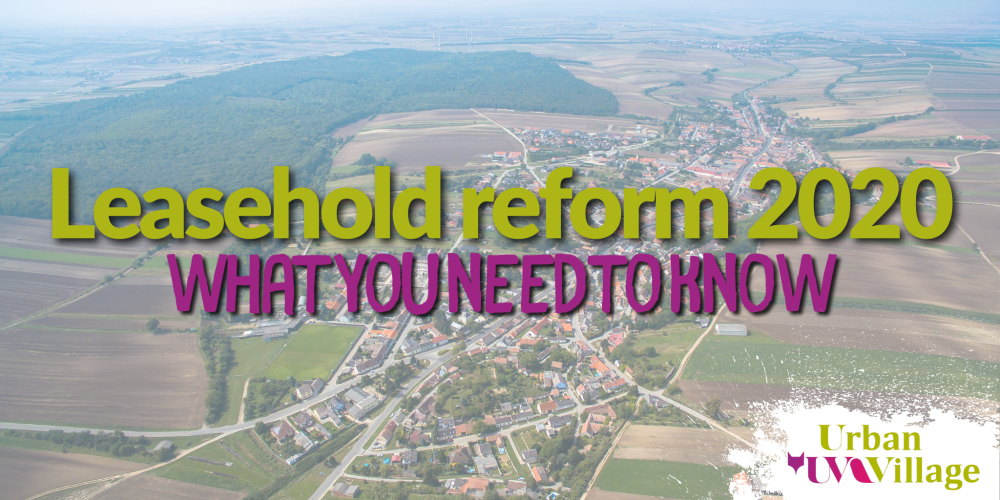- by Admin
- in News & Legislation
There are approximately 4.5 million leasehold homes in Britain, with most flats in London falling under the same category. So, what does the new reform mean for leaseholders in 2021?
Most flats are sold out on a leasehold basis, which means leaseholders will often pay an annual ground rent to a freeholder. This freeholder will then manage the shared building – everything from cleaning the hallways to maintaining communal gardens or making sure the area is fire safe. However, it’s been argued that the leasehold system is unfair, with the Government under increasing pressure to free flat owners from these ties…
What does this mean for homeowners?
Under the current law, many people face high ground rents with freeholders increasing this when and if they please. So, alongside poor building management and even some lease restrictions – such as no pets or no decorating – when new rules were called to make extending a lease or purchasing a freehold easier and cheaper, it was music to leaseholder ears. Why?
Well, if a lease falls below 80 years or less, it can really affect the value of a property and, while extending it is an option, it’s also costly and complicated. Owning a share of the freehold is also an option, but every homeowner in one block of flats would have to agree to this and then work together to maintain the building – not an easy task. In fact, the feudal system of home ownership dates back almost 1,000 years and simply grants the buyer the right to live in a property for 99-999 years, with the lease constantly dwindling away and the property gradually losing its value.
Owning a property may become Commonhold
Under new legislation bought forward, leaseholders who choose to extend the lease on their home will no longer pay ground rent to the freeholder, enabling those who dream of fully owning their home a reality. Without unnecessary and unfair expenses. Now, leaseholders have a new right to extend their lease for 990 years at zero ground rent. A cap will also be introduced on ground rent payable when a leaseholder chooses to extend their lease or become a freeholder.
Before this, leaseholders of houses were only able to extend their lease for 50 years once and pay ground rent, while flat owners were able to do this multiple times with a peppercorn ground rent rate for 90 years. And it was expensive, with leaseholders also being forced to share any potential profit from extending a lease with the freeholder.
Alongside this new development, the government is also working towards establishing a Commonhold Council as an alternative to leasehold, allowing flat-owners to hold the freehold of their individual flat.
While common across the globe, fewer than 20 developments in England and Wales have used this model that allows homeowners to own their property on a freehold basis. But it’s a step in the right direction for homeownership, because not only will it allow leaseholders to buy a freehold more cheaply, but it could make more people open to buying properties with shorter leases. While placing residents in full control of the buildings they live in.
Suzanne’s comment: ‘As the biggest reform to English property law for 40 years, it’s certainly been a long time coming, and at Urban Village, we’re intrigued to see how this will fundamentally make home ownership fairer and more secure in the future.’
If you’re feeling confused by the changes, you need some advice or you’re looking to get your first step on the ladder, we can help. Call us on 020 3519 9121 or email info@urbanvillagehomes.com to get things moving in the right direction today.
